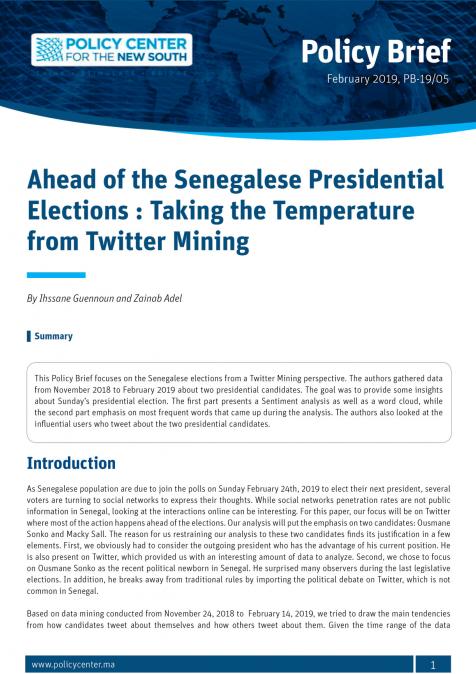Podcasts
La crise des réfugiés en Europe, un an après : quelles réponses ?
Related topics:
Ce podcast est délivré par Matthieu Tardis. En août 2015, plus de 100 000 personnes arrivent sur les côtes européennes. S’ouvre alors une nouvelle crise existentielle pour l’Union européenne, qui, sous les yeux de la planète, a révélé la fragilité de son projet et les fractures au sein de ses États membres alors qu’un désastre humanitaire était en cours sur son territoire. Est-ce que la frénésie de réunions, de conseils et de mesures adoptées depuis septembre 2015 a apporté une réponse à la situation des réfugiés et des pays les plus affectés par cette question ?
Cette intervention a pour objectif de souligner les causes de cette crise européenne en revenant sur les promesses non tenues de la politique européenne de l’asile. Elle présentera ensuite les mesures d’urgence mises en place à partir de septembre 2015, analysera leurs impacts et abordera les prochains défis de l’Union européenne en matière d’asile et d’immigration.





